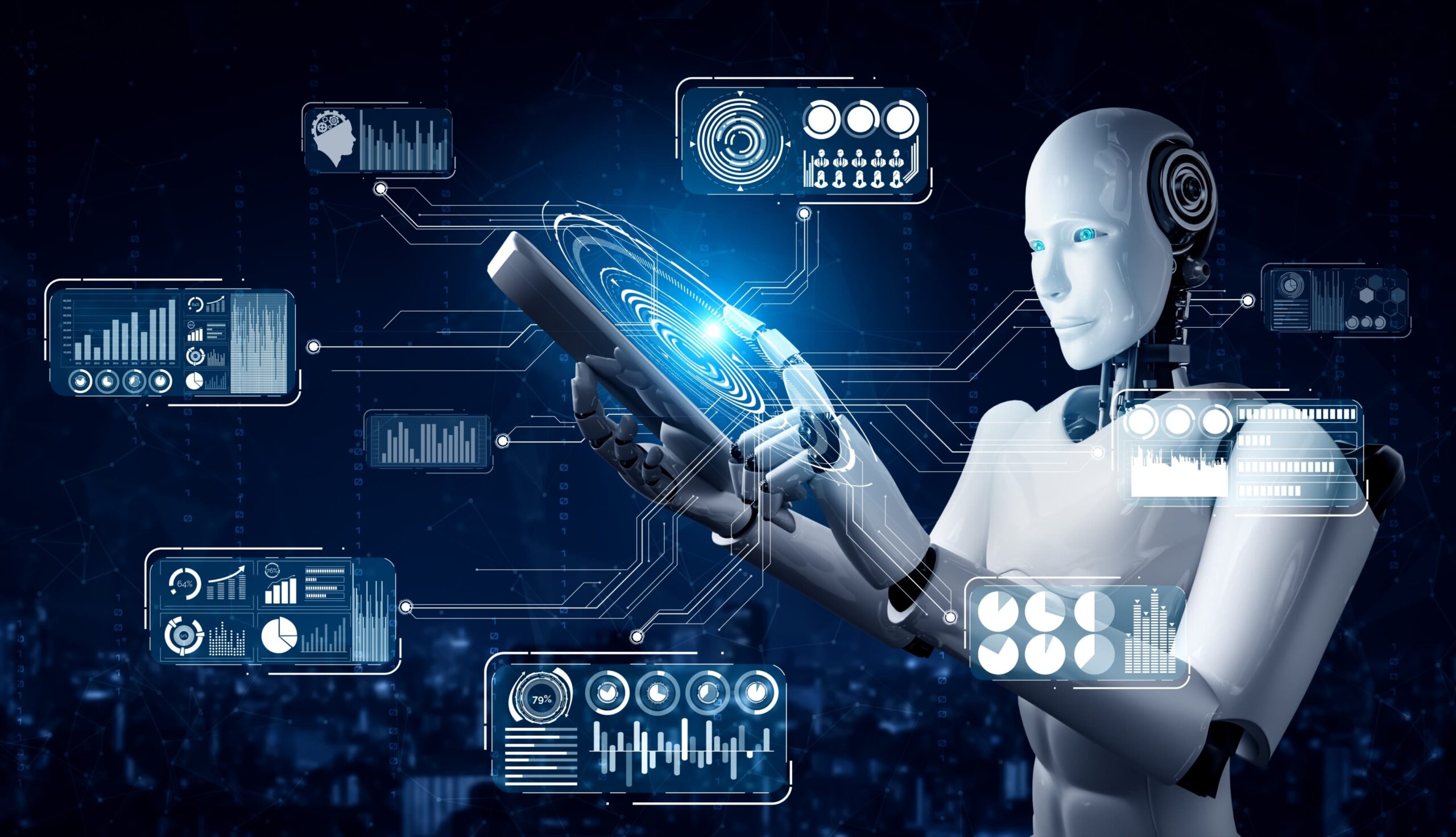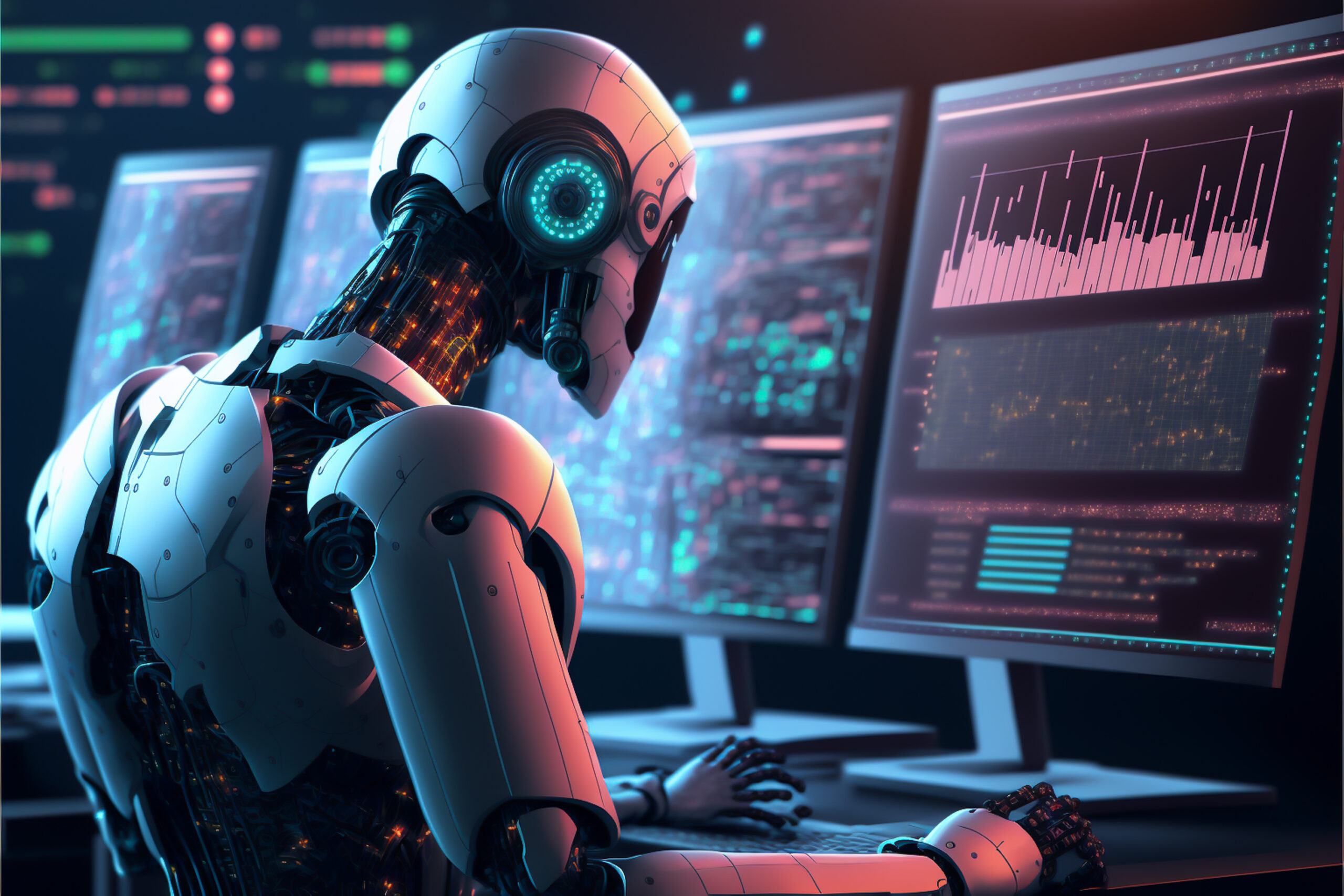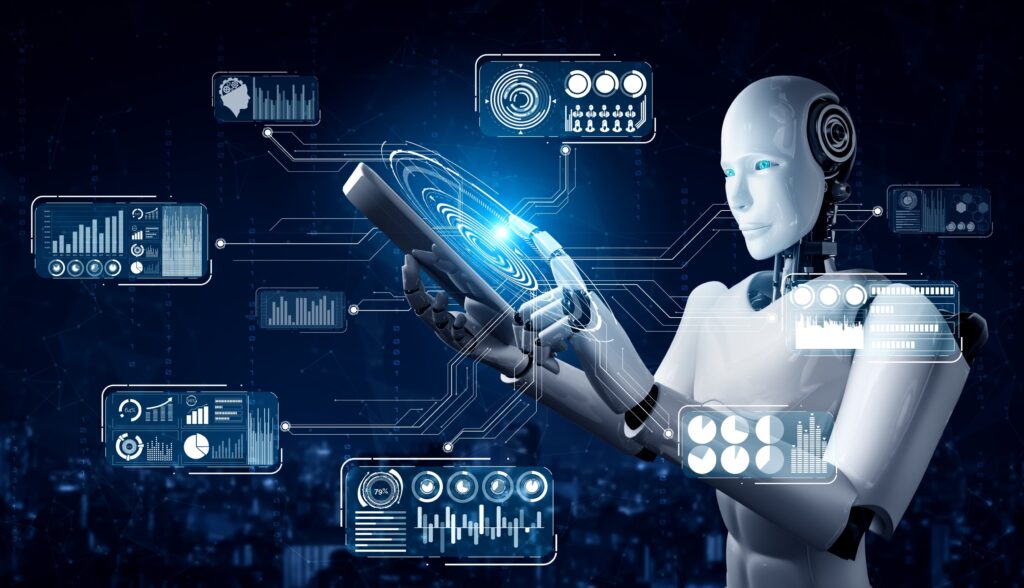Generative AI has wowed us with breathtaking images and animations, but its role in gaming is expanding far beyond just art. It’s diving deep into the technical side, especially in optimizing game code. This shift is crucial now more than ever, as making games run smoothly and efficiently is key to delivering an amazing player experience.

The Journey of AI in Game Development
Remember when game characters just followed simple rules? That was the beginning of game AI. Over time, things got smarter with machine learning, allowing characters to adapt. Today, while generative AI is still making stunning visuals, functional AI is busy enhancing game systems and mechanics.
We’ve seen innovations like reinforcement learning for clever character strategies, neural networks predicting player behavior, and AI generating game content on the fly. It’s been a journey from static to dynamic, learning-based AI in games.
What’s Game Code Optimization and Why Does It Matter?
Think of game code optimization as making sure your game runs without a hitch. It tackles issues like slow loading times or choppy graphics that can really ruin a player’s fun. Traditionally, developers had to manually tweak code, which was a huge time sink.
Now, AI is stepping in to help by automatically finding inefficiencies and suggesting improvements. Big game engines often deal with things like frame rate drops, too much memory usage, and clunky asset management – all of which impact how fluid the gameplay feels.
How AI is Optimizing Game Code in Real-Time?
Imagine your game code getting smarter as you play! Deep learning models can analyze game code during gameplay to optimize performance on the fly. This means things like intelligent caching, adapting frame rates, and adjusting memory usage based on what the player is doing and how much stress the system is under.
Popular engines like Unity and Unreal Engine are already using AI tools to monitor performance in real-time, helping games adjust resources and rendering priorities to keep gameplay smooth, even when things get intense.

Tools and Platforms Leveraging AI for Game Code Optimization
Developers have some fantastic AI-powered tools at their disposal:
- Unity ML Agents Toolkit helps with reinforcement learning for characters and systems.
- DeepCode and Snyk AI automatically analyze and improve code quality.
- GitHub Copilot X acts like a co-pilot, generating optimized code snippets for game scripting.
- Ubisoft’s Commit Assistant suggests performance-boosting code changes.
- Open-source projects like Diffblue and CodeT5 offer AI for refactoring and testing code.
These tools make the development process smoother and lead to more efficient code.
AI-Assisted Debugging and Code Refactoring
AI is surprisingly good at spotting patterns in recurring bugs and even predicting potential problems before they happen. Think of it as having a super-smart detective for your code. Beyond that, AI can take complex, messy “spaghetti” code and reorganize it into cleaner, more manageable pieces, which not only boosts performance but also makes life easier for developers.
Challenges and Limitations of AI in Game Code Optimization
While AI is powerful, it’s not without its quirks. Sometimes, AI-generated suggestions can be false positives, leading to unnecessary or even harmful code changes. There’s also a balancing act between code quality and creative freedom – we don’t want AI to stifle innovation with overly rigid recommendations.
And of course, there are ethical and intellectual property concerns around who “owns” AI-generated code, plus privacy and dependency issues when relying on cloud-based AI models.
The Future: Will AI Replace Game Developers?
Don’t worry, AI isn’t coming for developers’ jobs! Instead, it’s more like a co-pilot. The idea is a human-in-the-loop model, where AI handles the repetitive or complex optimization tasks, freeing up developers to focus on the fun stuff: creativity and design.
In the next five years, AI will increasingly augment game development, making developers more productive and enabling entirely new gameplay experiences, all without replacing human ingenuity.
How to Get Started With AI in Your Game Dev Workflow?
If you’re a developer looking to integrate AI, start by building skills in Python, TensorFlow, and relevant AI frameworks. Begin with small projects and use AI-based optimization tools to get comfortable. Engaging with learning resources and communities focused on AI in game development will also accelerate your journey.
Conclusion: Going Beyond the Art
AI’s role in gaming is evolving from just pretty pictures to the very core of how games are built. By optimizing code in real-time, assisting with debugging, and boosting system efficiency, AI and developer creativity are working hand-in-hand to shape the future of immersive, high-performance games. This powerful synergy promises a new era where AI empowers developers to push the boundaries of what games can achieve.

